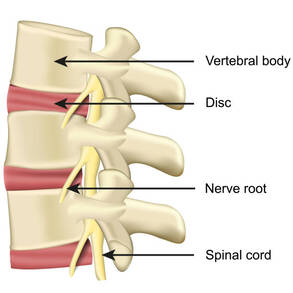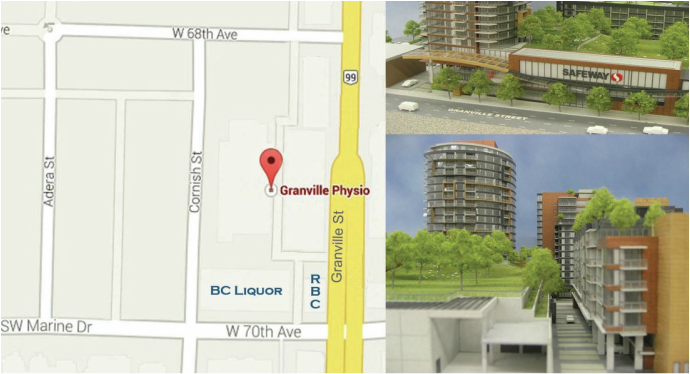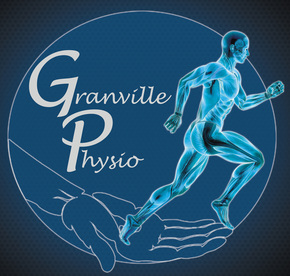Disk Herniation (Jenna)The spine is composed of many vertebral bones, classified by their location (cervical, thoracic, lumbar, saccral, coccyx). As shown in the photo on the right, the vertebra are separated by discs, which can become compressed and wear down over time, a condition known as disk degeneration. With age, these disks also become less flexible. Due to this, compression of worn down disks may result in disk herniation, where the nucleus (center) of the disk pushes through the tough, outer layer of the disk (the annulus).
Disk herniation can occur anywhere along the spine, and can result in the subsequent compression of nearby spinal nerves, which may translate to numbness, tingling, motor weakness, and more (depending on the severity). |
symptoms
|
causes
|
treatment
|
how does physiotherapy help?
Physical therapists can show you postural positions and exercises designed to minimize the pain of a herniated disk
- Manual therapy helps relieve tension and promote blood flow to aid in the body's natural healing process
- Intramuscular stimulation (IMS) induces local inflammation to improve blood flow, aid in healing, and reduce pain
- May also allow for the relaxation of surrounding muscles to reduce any spinal nerve impingement or joint compression
- Ice/heat therapy improves blood flow and reduces pain
- Exercise prescription and modification will help in strengthening the muscles of the back and neck to prevent stiffness, which would have negative implications on the recovery process
- Adjusting the current exercise regimen is also helpful to reduce the risk of injury
- Posture assessment and adjustment is often necessary to prevent further disk compression


